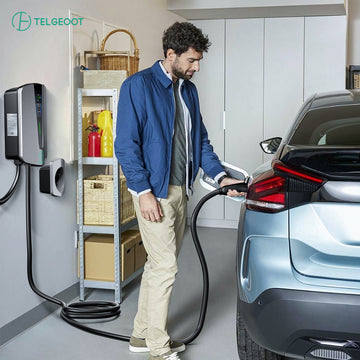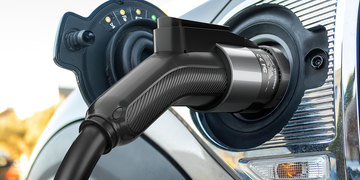Is charging an electric car cheaper than gas? Charging an electric vehicle battery overnight at home is usually the least expensive option. Gas prices fluctuate, and electricity rates vary regionally, but in most cases, it costs less per month to charge an EV than to buy gas for a traditional vehicle.
In recent years, the automotive industry has undergone a significant transformation with the rise of electric vehicles (EVs). One of the key considerations for potential EV owners is the cost of charging compared to traditional gasoline. In this article, we will delve into the economics of charging an electric car versus filling up a gas tank.
Electricity vs. Gasoline Prices:
The fundamental comparison begins with the cost of the energy sources – electricity and gasoline. The price of electricity varies globally and regionally, but in general, it tends to be more stable than the fluctuating gasoline prices. Moreover, the cost of electricity is often lower than that of gasoline per unit of energy.
Charging at Home:
One of the conveniences of owning an electric car is the ability to charge it at home. Residential electricity rates are usually lower than commercial rates, and many EV owners take advantage of off-peak hours to charge their vehicles, further reducing costs. In contrast, visiting a gas station typically involves higher costs due to additional expenses such as fuel taxes and distribution.

Public Charging Stations:
While charging at home is a cost-effective option, EV owners also have access to public charging stations. The pricing models for these stations can vary – some charge per hour, while others charge per kilowatt-hour (kWh) of energy delivered. Despite potential variations, public charging stations can still offer competitive rates compared to traditional gasoline.
Maintenance Costs:
Beyond the fueling aspect, electric cars generally have lower maintenance costs than their gasoline counterparts. EVs have fewer moving parts, which means fewer components are prone to wear and tear. This translates to savings in terms of maintenance and repair expenses over the lifespan of the vehicle.
How Does the Recharge Cost Compare to a Fuel Fill-Up?
According to AAA, the average price of gas hovers at $3.14 per gallon as of this writing. So, filling up a 12-gallon gas tank currently costs about $38. Things get a little tricky because, as we all know, cars and trucks use vastly different amounts of fuel.
Let’s say you’re driving a car that brings a combined average of 30 miles per gallon during a mix of city and highway driving. Using that same 12-gallon tank as a reference point, you’ll have 360 miles of driving range for each fill-up. If you’re driving the same 1,124 miles per month, you’ll need to refuel three times each month and spend about $114 ($38 x 3).
Again, this is only an estimate since fuel prices and mileage vary. But considering few cars and SUVs come close to delivering a 30 mpg combined average, our fairly conservative number-crunching in this scenario makes it clear that recharging will cost less than refueling a car. The financial gap narrows with a more fuel-efficient vehicle, but it remains.
Is charging an electric car cheaper than gas? In the ongoing debate of charging an electric car versus filling up with gasoline, the cost comparison leans favorably towards electric vehicles. With lower energy costs, potential government incentives, and reduced maintenance expenses, EVs are becoming an increasingly economical choice for environmentally conscious consumers.





